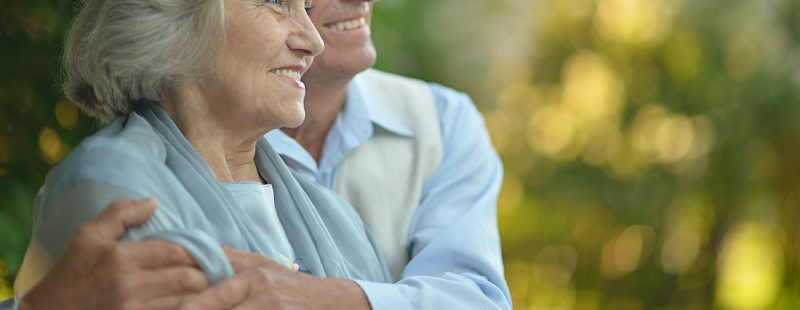Back in October 2015, a son who charged his elderly and incapable mother £400 a day to visit her and act as her Attorney had been removed by the Court of Protection. See full article here: https://www.clapham-collinge.co.uk/news/money-over-mother
Senior Judge Lush was understandably unsympathetic to this particular individual, however, it seems that he is willing to permit ‘reasonable’ payments to ensure that Attorneys are not financially disadvantaged in carrying out their duties.
The case involved an application by two Attorneys acting jointly under for the retrospective approval of monthly payments of £150 each. These payments had been made to themselves and to their sister from the donors’ funds, i.e. a total monthly payment of £450.
They were advising the affairs of their parents – Bill and Betty – who had both been diagnosed with Alzheimer’s dementia in 2008. Both the EPA’s were registered with the OPG on 6th October 2009.
The Application
Following an investigation carried out by the Office of the Public Guardian (the body which supervises Attorneys and Deputies). The OPG requested the Attorneys seek retrospective approval from the Court for the £450pcm (£150 each sibling) taken for their expenses from the joint account of Bill and Betty, despite the fact that the parents’ income could easily sustain the amounts.
The Attorneys argued that “without some form of financial support the level of care we provide to maintain our parents in their home would be unsustainable.”
Furthermore they said; “Our parents wish to remain together in their own home for as long as possible, and all our decisions and actions have been to that end. The £450 we have taken for care and expenses is a fraction of the cost had we involved outside agencies.”
Discussion and Outcome
Attorneys have a fiduciary duty not to take advantage of their position, put themselves in a position where their personal interests conflict with their duties or receive any profit or personal benefit from their position. These duties are noted at paragraph 7.60 of the Mental Capacity Act Code of Practice.
Senior Judge Lush of the Court of Protection explained that what the Court were seeking to achieve was a neutral position whereby the Attorneys were not financially at a disadvantage through acting as their parents’ Attorney but equally that they were not making a profit from their role.
Having regard to all the circumstances, Senior Judge Lush was satisfied that the payments of £150 a month each to the Attorneys were in their parents’ best interests and continued to be so, because:
- the services they provided were reasonably required to meet their parents’ care needs;
- the payments were affordable and sustainable and represented a considerable saving on the commercial cost of providing these services; and
- the payments struck a reasonable balance between ensuring that the Attorneys were not financially disadvantaged by acting as their parents’ Attorneys, but that they were not actually making a profit from their position.
Comment
If Attorneys or Deputies have made or intend to make any gratuitous care payments to themselves or the donor’s relatives, they should be seeking (retrospective where relevant) authority for this from the court. It’s clear that Attorneys cannot simply help themselves to such payments.
At Clapham & Collinge we can make sure you are acting correctly as an Attorney or a Deputy and can give you the proper advice to protect yourself and the person you are acting for. If you have any concerns regarding how to manage someone’s affairs as an Attorney or Deputy, please contact Lin Whitehead directly on 01603 693572 or email lin@clapham-collinge.co.uk
Article and commentary by Robert Mitchell, paralegal to Private Client team.
For more information on Clapham & Collinge Court of Protection legal services please see our dedicated webpage following this link.
